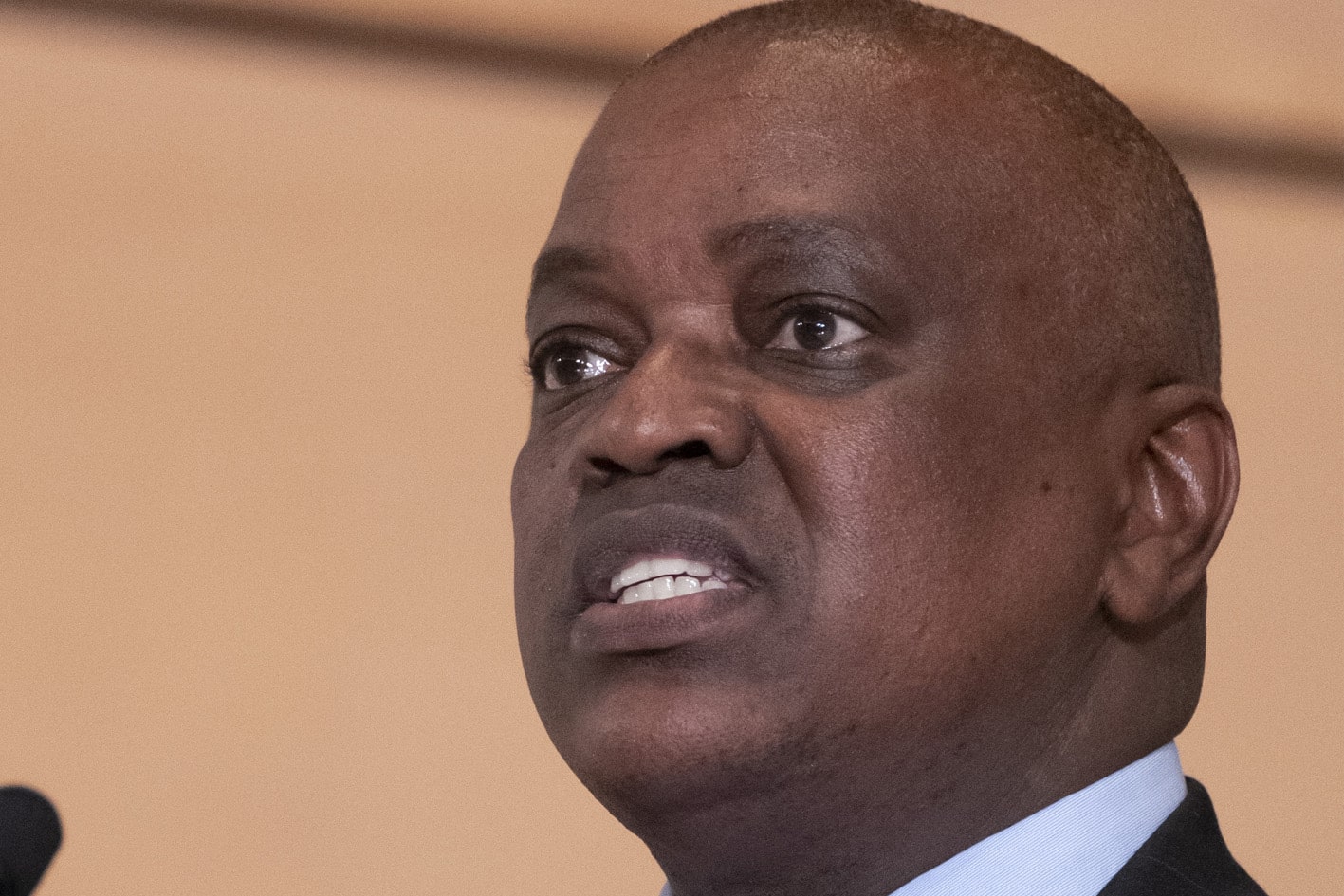Maria Hamutenya
Botswana President Mokgweetsi Masisi says his country does not have a shoot-to-kill policy towards Namibians and foreign nationals who that country decides (without arrest or trial) has encroached illegally on its borders.
Masisi’s statement are in stark contrast to his predecessor, former President Ian Khama, who had defended the policy saying his country’s strategy to enforce a shoot-to-kill approach against Namibians should be a warning to potential poachers.
“When something happens a number of times and repeats itself, a label is put to it and some people even domicile in Botswana begin to use the language and that seems to be what happened with Botswana with this so-called shoot-to-kill policy,” said President Masisi.
“Every nation state has a rule of engagement in its territorial space and we are not different in Botswana, we do have rules of engagement. We are not people or even institutions that go around killing people willy-nilly. We are not trigger-happy; neither is the Botswana Police or Botswana Defence Force (BDF).”
“Botswana follows due process and respect lives, and when lives are lost there are processes to ascertain the details independent of interference from political leadership as is the case of the [recent] shooting of the three Namibians and one Zambian.”
He made no comment about dozens of others who have been gunned down with no evidence or trial since independence.
His statements come after four fishermen were ruthlessly gunned down on 5 November last year at the Chobe River in the Zambezi region. The soldiers who killed them claimed that they had been caught poaching. No court trial occurred, so there is no independent confirmation of this claim.
Speaking to the media after holding a closed-door meeting with President Hage Geingob in Windhoek, the Botswana President again apologised for the loss of lives after the incident strained relationship between Namibia and Botswana.
“Investigations have been concluded regarding the incident but it’s now with the court.”
The visit was not without incident after a citizens group, Zambezi Lives Matter protestors demonstrated against the killings and in protest about Masisi’s visit.
During the working visit, the two Heads of State witnessed the signing of an agreement to elevate the Joint Commission to a Bi-National Commission. The upcomimg 6th Permanent Joint Commission of Cooperation (PJCC) will be the last session before its transformation.




